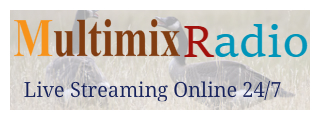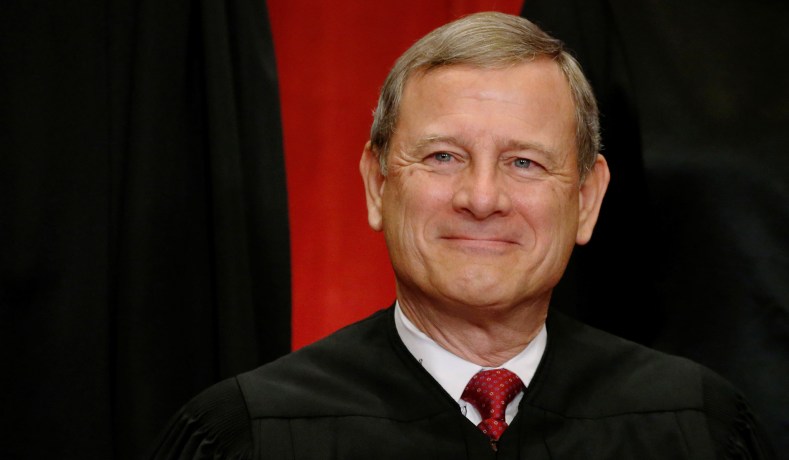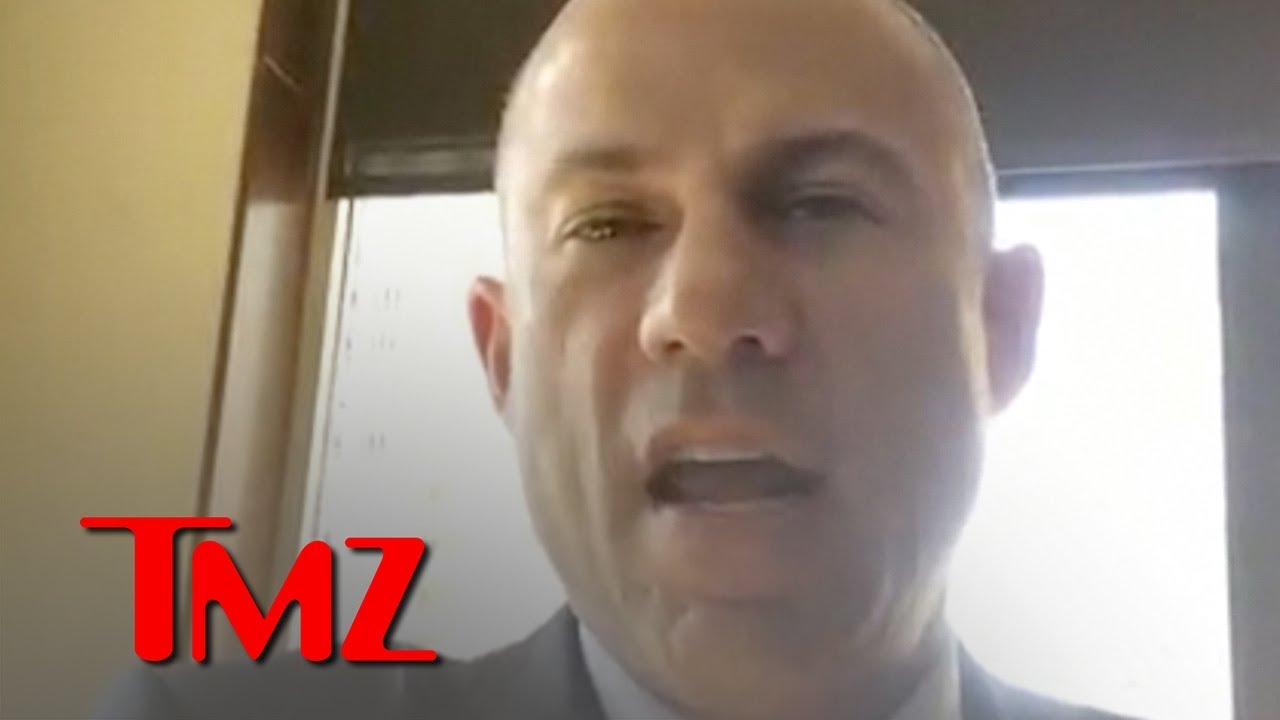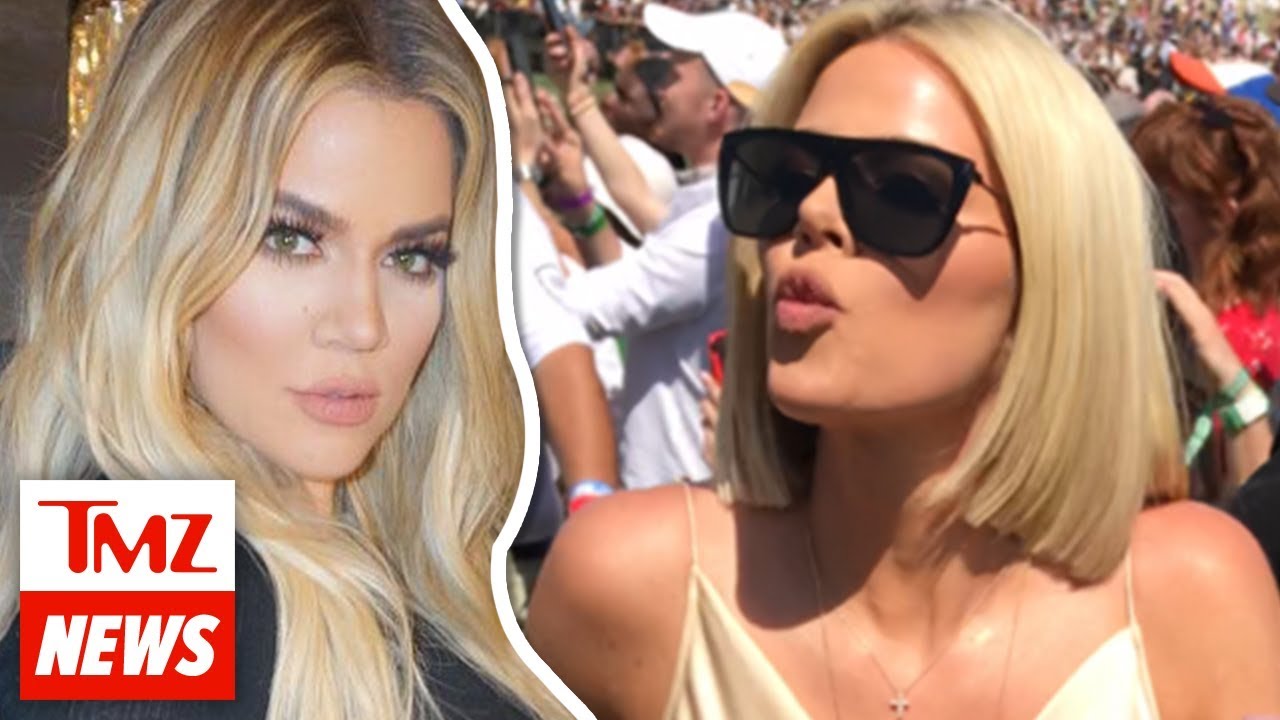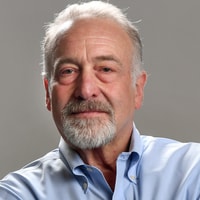
The guilty plea Thursday of a woman accused of infiltrating the National Rifle Association on behalf of the Russian government has thrust the powerful conservative group into an uncomfortable spotlight as the organization appears to be facing declining donations and signs its fearsome political influence may be waning.
Russian gun rights activist Maria Butina pleaded guilty in federal court in Washington to conspiring to act as an unregistered agent of Russia, admitting that she worked for more than two years to forge relationships with conservative activists and leading Republicans in the United States.
One of Butina’s main targets was the NRA — a group she identified in a 2015 memo as an organization that “had influence over” the Republican Party, according to court filings. Her relationships with the group, she wrote, could be used as the groundwork for an unofficial channel of communication to the next presidential administration.
Later that year, she helped organize a delegation of top NRA leaders to visit Moscow, arranging for them to meet Russian government officials, and she attended the group’s annual conventions as an honored guest.
Butina and Alexander Torshin, a former Russian government official who helped direct her activities, then used their NRA connections to get access to GOP presidential candidates, according to court filings.
Butina’s case exposed how Russia saw the NRA as a key pathway to influencing American politics to the Kremlin’s benefit. And it has intensified questions about what the gun rights group knew of the Russian effort to shape U.S. policy and whether it faces ongoing legal scrutiny.

A page from a 2010 Russian-language gun rights pamphlet written by then-government official Alexander Torshin. (Obtained by The Washington Post)
The 30-year-old — the first Russian national convicted of seeking to influence U.S. policy as a foreign agent before the 2016 election — agreed to cooperate in a plea deal with U.S. investigators in exchange for less prison time.
“Who at the NRA knew Butina’s agenda, and what did they get in return?” Sen. Ron Wyden (D-Ore.) asked in a tweet Thursday.
Wyden, who has sought to learn more about the NRA’s Russia ties as the ranking Democrat on the Senate Finance Committee, said the organization has turned over documents related to Butina but has not provided financial records he has requested.
“Everything I have learned about the NRA to date has made me more concerned about its activities leading up to the 2016 election, not less,” Wyden said in a statement to The Washington Post.
On Thursday, Wyden sent letters to three past presidents of the group, asking that they agree to be interviewed by the committee about the group’s interactions with Russia.
NRA officials, who did not return requests for comment Thursday, have repeatedly refused to answer questions about Butina or its interactions with Russian activists.
“I’m just amazed that in today’s world, if you shake hands with a Russian, you must be an agent of the Kremlin,” David Keene, a former NRA president who was a key contact for Butina and Torshin, told the New York Times earlier this year.
On Tuesday, Russian President Vladimir Putin addressed Butina’s case at a meeting of a Kremlin council on human rights in Moscow, saying: “I asked all the heads of our intelligence services what is happening, ‘Who is she?’ No one knows a thing about her.”
The NRA’s interactions with Butina and Torshin came as the group embarked on an unprecedented spending spree to help elect Donald Trump president.
NRA spending on the 2016 elections surged in every category, with its political action committee and political nonprofit arm together shelling out $54.4 million. The bulk of the money — $30 million — went to efforts supporting Trump. That is triple the amount the group devoted to electing Republican Mitt Romney in the 2012 presidential race.
Two years later, the group’s standing appears to have shifted amid robust challenges from student activists, lawmakers and, most recently, an anti-
gun-violence campaign led by medical professionals.
The group’s spending on federal races in 2018 plummeted to roughly $9 million. In a rare move, some Republican candidates running in competitive, suburban House districts returned or did not deposit donations from the NRA.
Election-related spending reflects just one aspect of the NRA’s political influence, and the group remains an active lobbying and grass-roots force.
In 2017, the NRA’s political nonprofit arm, which is separate from its charitable arm and its PAC, spent more money than it took in for the second year in a row, according to tax filings and an independent financial audit obtained by the nonpartisan Center for Responsive Politics. Contributions from donors to that group declined in 2017, tax records show. That entity also saw a decline in revenue from membership dues in 2017 compared with 2016, the audit shows.
On Capitol Hill, Democratic lawmakers have questioned whether the group’s spending spike in 2016 was tied to its Russian connections.
The NRA has denied those allegations, saying it followed campaign finance laws that make it illegal for foreign citizens to fund political efforts in the United States.
In a letter to Wyden earlier this year, NRA general counsel John C. Frazer wrote that the group received just about $2,500 in 2015 and 2016 from 25 people with Russian addresses who paid ∞standard membership dues and magazine subscription fees.
“Our review of records has found no foreign donations in connection with a United States election, either directly or through a conduit,” Frazer wrote.
Ann Ravel, a former member of the Federal Election Commission, said the Butina case underscores the risk of foreign actors seeking to influence U.S. elections through politically active groups whose finances are difficult to trace.
“They’ve got so many varied ways to give that money circuitously,” said Ravel, a Democrat. “You can’t know the derivation of the money, so it is extremely easy for foreign actors, foreign governments, foreign entities — like Butina and others — to give money.”
Butina cultivated ties with NRA leaders at a time when the conservative movement broadly was growing increasingly intrigued by Russia.
Social conservatives admired Russia’s hard-line stance on gay rights. Nationalist conservatives were attracted to Putin’s insistence that Russia’s issues were of little concern to the United States. Foreign policy conservatives saw Putin as a natural ally in the fight against Islamist terrorism.
[Guns and religion: How American conservatives grew closer to Putin’s Russia]
Torshin, who penned a 2010 Russian-language booklet that echoed NRA rhetoric to support the expansion of gun rights in his country, was introduced to Keene at the NRA’s annual meeting that year by a conservative Nashville lawyer named G. Kline Preston IV, who had done business in Russia for years.
Preston said this week that he had no regrets about making the connection and saw nothing wrong with Butina’s activities.
“I don’t know what their goals were, but if the goal was to improve U.S.-Russia relations, I don’t see what the problem is,” said Preston, who said he has not been interviewed by U.S. authorities about the relationship.
He said he always believed Butina was acting as a private citizen. But, he added, “the question becomes, okay, perhaps she was working at the behest of the Russian government. But if it’s a commercial arm of a foreign government that’s trying to expand ties with another country, is that wrong?”
In 2013, Butina and Torshin hosted a small group of gun enthusiasts led by Keene at the annual meeting of a gun rights group Butina founded in Moscow, records about the event show. The following year, Butina arrived in the United States for the first time to attend an NRA meeting in Indianapolis.
The NRA treated Butina and Torshin like important visiting dignitaries, according to the pair’s social media accounts. Butina was welcomed to a special luncheon for women who support the group, as a personal guest of former NRA president Sandra Froman. Butina gushed on Twitter that she was given the “rare privilege” of ringing the NRA’s “Liberty Bell” at an event for donors who had given $1 million or more to the group. Later, she was given a tour of the group’s highly secure headquarters in Fairfax County, according to Butina’s social media posts.
The access gave Butina opportunity to brush shoulders with high-profile Republican politicians who spoke at the NRA’s meetings, including Wisconsin Gov. Scott Walker and then-
Louisiana Gov. Bobby Jindal.
When NRA leaders planned a visit to Moscow in December 2015, Butina and Torshin were eager to show the Americans the same kind of hospitality they were afforded, according to a person familiar with testimony Butina gave to the Senate Intelligence Committee in April.
She and Torshin also discussed “the importance of a political program” as part of the trip, according to Butina’s plea agreement.
[Maria Butina’s proud defense of her homeland drew notice at American University]
Included in the group was Keene, as well as Pete Brownell, the group’s vice president, who would take over as president in 2016, according to documents provided to Congress. Milwaukee County Sheriff David Clarke attended as well, later disclosing in Wisconsin records that his travel had been funded by Butina’s group. Major NRA donors Arnold Goldschlager and Joseph Gregory were in attendance, as well.
The sometimes lavish December 2015 festivities included a visit to the famed Bolshoi Ballet, a Russian gun-manufacturing company and the private offices of the Russian Foreign Ministry for a meeting with the country’s top diplomat, Sergei Lavrov.
The group also met with Dmitry Rogozin, a deputy prime minister who had been hit with sanctions by the United States after Russia’s invasion of Crimea in 2014.
Attendance at the meeting with Lavrov was limited to just seven people, documents provided to Congress show.
In a statement, Lavrov’s spokeswoman, Maria Zakharova, told The Post earlier this year that the meeting came at the request of the Americans, as part of the ministry’s “traditional interaction” with large civic organizations.
“The declared topic of the meeting was aspects of the bilateral relationship and international questions,” she said, noting that Americans are often particularly focused on Middle East policy.
After the Americans left Russia, Butina reiterated to Torshin the goal of the trip: “We should let them express their gratitude now, we will put pressure on them quietly later,” she wrote to him, according to court documents.
Butina and Torshin’s efforts to use the NRA as a springboard to broader influence in the Republican Party was evident in the run-up to the NRA’s 2016 annual meeting in Louisville, where Trump was scheduled to speak.
About 10 days before the event, an American Republican operative named Paul Erickson emailed a campaign aide to Trump. Erickson, who was romantically involved with Butina, wrote that his involvement with the NRA had placed him in a position “to slowly begin cultivating a back channel to President Putin’s Kremlin,” according to a copy of the email read to The Post.
“The Kremlin believes the only possibility of a true reset in this relationship would be a new Republican White House,” he continued. He suggested that during the NRA convention, Trump meet Torshin, whom he described as “President Putin’s emissary on this front,” as a “first contact.” He wrote that Trump could then visit the Kremlin before the election.
“Putin is deadly serious about building a good relationship with Mr. Trump,” Erickson wrote.
Erickson has not been charged with any wrongdoing. His attorney, William Hurd, called him “a good American” who “has never done anything to hurt our country and never would.”
The Trump campaign declined Erickson’s offer. But Butina told the Senate Intelligence Committee that when she and Torshin joined Keene to celebrate his birthday, they discovered they had selected the same restaurant where Trump Jr. was dining with NRA members.
According to a person familiar with her testimony, the Russian agent spoke briefly with the candidate’s son, discussing hunting in Russia. Trump Jr. told the Senate Judiciary Committee that their conversation was “brief, a few minutes.”
Asked what they discussed, Trump Jr. said simply of Torshin, “I believe he’s a gun enthusiast.”
Alice Crites, Spencer S. Hsu, Tom Jackman and Carol D. Leonnig contributed to this report.
